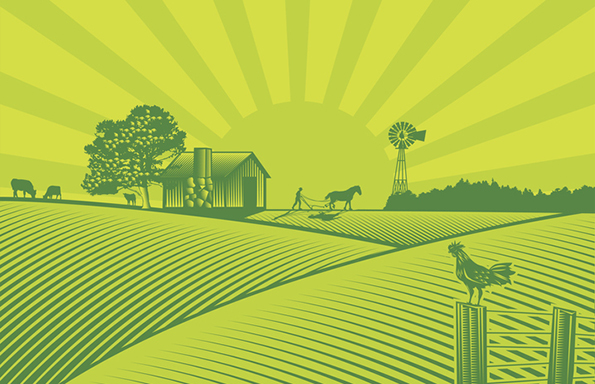The University of Liverpool is leading an international €1.3M project to help farmers, suppliers and other agriculture related businesses better plan to cope with changes in climate and economics.
Dr Jorge E Hernandez, from the University’s Management School, will the lead a global team incorporating experts in academia and industry from the UK, France, Italy, Poland, Spain, Argentina and Chile.
Dr Hernandez said: “There are three main drivers for this project; climate and global weather change, crises in global economies and the current speed of technological evolution.
“Over the past five to ten years, weather conditions around the world have been quite unstable. This makes it hard to plan production of agriculture.
“In such unstable conditions, the whole agriculture value chain is affected. If I want to harvest tomatoes, I want to do it when I know someone is going to buy them. Someone is then going to take those bought tomatoes and send them to different places around the world.
“Unstable conditions have a knock-on effect down the supply chain. Farmers need to be able to plan when the tomatoes will be ready, and ensure there are people to buy them.”
To help achieve this, a multi-disciplinary team has been assembled featuring people expert in agriculture, biological science, logistics, product management, innovation, risk, mathematical modelling and computer science. The aim is to create a validated framework for real-life agriculture-based decision making by integrating the high impact research being carried out across the world in each of these areas.
Dr Hernandez , who will work in collaboration with the University’s Institute of Integrative Biology, Institute of Risk and Uncertainty and The Agility Centre, said: “Our agriculture experts will be looking at sample locations and sample product to try and predict what is going to happen.
“For example, Chile is at the bottom of the world, but if we know of another country with the same latitude, then maybe we can predict how conditions are going to behave.”
The four year project, Enhancing and implementing knowledge based ICT solutions within high risk and uncertain conditions for agriculture production systems (RUC-APS), is funded through a €1.3M EU Horizon 2020 grant.
